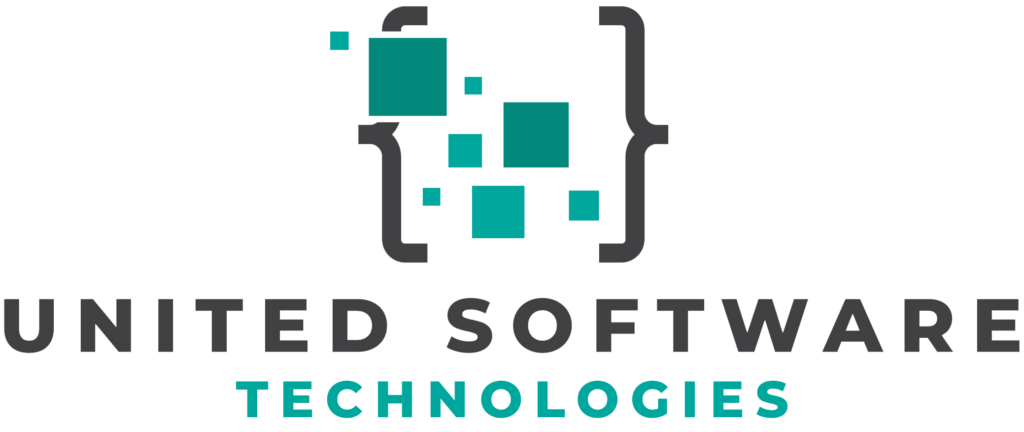The Ultimate SEO Guide: How to Leverage SEO Services for Maximum Results
Introduction to the Ultimate SEO Guide
In today’s digital world, having a strong online presence is crucial for businesses of all sizes. One of the most effective ways to achieve this is through Search Engine Optimization (SEO). By leveraging SEO services, you can improve your website’s visibility on search engines like Google and Bing, ultimately driving more traffic and potential customers to your site.
This ultimate SEO guide will provide you with an in-depth understanding of what SEO is, why it’s important, and how you can leverage various SEO services for maximum results. We’ll cover everything from keyword research and on-page optimization to link building and technical SEO. So let’s dive in!
What is SEO and Why Does It Matter?
Search Engine Optimization (SEO) refers to the process of optimizing a website so that it ranks higher in search engine results pages (SERPs). This involves making changes to your site’s content, design, and structure so that search engines can easily crawl, index, and understand its relevance to users’ queries.
The importance of SEO cannot be overstated. With billions of searches conducted every day on platforms like Google, appearing at the top of SERPs has become increasingly competitive. A well-optimized website not only attracts more organic traffic but also helps build brand credibility as users are more likely to trust sites that appear higher in search rankings.
Keyword Research: The Foundation of Your SEO Strategy
One of the first steps in any successful SEO strategy is conducting thorough keyword research. This involves identifying relevant keywords or phrases that your target audience uses when searching for products or services similar to yours.
There are several tools available for keyword research such as Google Keyword Planner, SEMrush, Ahrefs Keywords Explorer etc., which help you find high-volume keywords with low competition. By targeting these keywords, you can increase your chances of ranking higher in SERPs.
Once you have a list of potential keywords, it’s essential to analyze their relevance and competitiveness. This will help you prioritize which keywords to target and create content around them that resonates with your audience.
On-Page Optimization: Making Your Content Search Engine Friendly
After identifying the right keywords, the next step is optimizing your website’s content for search engines. On-page optimization involves making changes to individual web pages so that they rank higher in SERPs. Some key aspects of on-page optimization include:
1. Title Tags: Ensure that each page on your site has a unique and descriptive title tag that includes the primary keyword.
2. Meta Descriptions: Write compelling meta descriptions for each page, incorporating relevant keywords without overstuffing.
3. URL Structure: Create clean and descriptive URLs for each page, including the main keyword when possible.
4. Header Tags (H1, H2, etc.): Use header tags to structure your content and include relevant keywords within them.
5. Keyword Placement: Place your primary keyword in the first 100 words of your content and use related keywords throughout the text naturally.
6. Image Optimization: Optimize images by compressing file sizes, using descriptive file names, and adding alt tags with relevant keywords.
By implementing these on-page optimization techniques, you’ll make it easier for search engines to understand what your content is about and improve its chances of ranking higher in SERPs.
The Power of Link Building: Boosting Your Site’s Authority
Link building is an essential component of any successful SEO strategy as it helps establish your website’s authority in the eyes of search engines. When other reputable websites link to your content, it signals to search engines that your site is a valuable resource worth ranking higher in SERPs.
There are several link building strategies you can employ to acquire high-quality backlinks:
1. Guest Posting: Contribute articles to relevant industry blogs and include a link back to your website within the content or author bio.
2. Resource Link Building: Reach out to websites with resource pages related to your niche and suggest they include a link to your valuable content.
3. Broken Link Building: Identify broken links on other websites and offer your content as a replacement for the dead resource.
4. Social Media Promotion: Share your content on social media platforms and engage with influencers who might be interested in linking to it.
Remember, quality matters more than quantity when it comes to link building. Focus on acquiring backlinks from authoritative sites within your industry rather than spammy or low-quality sources.
Technical SEO: Ensuring Your Site’s Health & Performance
While keyword research, on-page optimization, and link building are crucial components of an effective SEO strategy, technical SEO plays an equally important role in ensuring optimal website performance. Technical SEO involves optimizing various aspects of your site’s infrastructure so that search engines can easily crawl, index, and rank its content.
Some key elements of technical SEO include:
1. Site Speed: Optimize page load times by compressing images, minifying CSS/JavaScript files, leveraging browser caching etc.
2. Mobile-Friendliness: Ensure that your website is responsive and provides a seamless user experience across all devices.
3. Crawlability & Indexability: Use tools like Google Search Console to identify crawl errors and submit XML sitemaps to help search engines discover your content.
4. HTTPS & Security: Implement SSL certificates to secure your site and protect user data, as search engines prioritize secure websites in their rankings.
By addressing these technical SEO aspects, you’ll create a solid foundation for your website that allows it to perform well in search engine rankings.
Leveraging SEO Services for Maximum Results
While implementing the strategies outlined in this ultimate SEO guide can significantly improve your website’s visibility and performance, leveraging professional SEO services can further enhance your results. Experienced SEO professionals have the expertise and resources necessary to develop customized strategies tailored to your business needs and goals.
From conducting comprehensive keyword research and on-page optimization to executing advanced link building campaigns and addressing technical SEO issues, partnering with an experienced SEO agency can help you achieve maximum results from your efforts.
In conclusion, by understanding the various components of a successful SEO strategy – including keyword research, on-page optimization, link building, and technical SEO – you can leverage SEO services effectively to drive more organic traffic to your website and ultimately grow your business online.

